East Africa
DKT East Africa at a Glance
- In 2016, DKT established a regional enterprise-based program in Kenya to expand contraceptive access and increase choice in Kenya and Uganda. In 2021, DKT launched sales in South Sudan and in 2023, the regional program expanded to include Tanzania (founded in 2013).
- Kenya, Uganda, and Tanzania are demographically similar: they have a large youth population. Reproductive health challenges include frequent contraceptive stock outs, persistent stigma surrounding contraceptive use, economic disempowerment of women, and limited availability of contraceptive options and sex education for youth. As a result, unmet need for modern methods of contraception remains high. The region also grapples with a serious HIV epidemic.
- Our goal in the region is to engage youth through digital and social media platforms, driving the uptake of contraceptive products by creating new and exciting brands that offer consumers more choice at a better value.
- DKT's comprehensive portfolio satisfies unmet need and builds a strong foundation for sustainability. DKT’s portfolio has grown significantly in recent years, including through the launch of second- and third-generation oral contraceptives that offer additional non-contraceptive benefits. For information on our full portfolio, contact DKT leadership.
DKT East Africa (HQ Kenya)
-
Bank of Africa Head Office
5th Floor, Karuna Close, Off Waiyaki Way, Westlands
Nairobi, Kenya - mary@dktinternational.org
- +254-020-388-2288
- https://dkteastafrica.org
Featured Products

Kiss and Fiesta Condoms
We respect societal norms, but challenge beliefs about sex and sexuality, empowering both men and women to be more sex-positive. Our message is simple: Sex should be fun, pleasurable, and worry-free

Lydia IUDs
An IUD is a small T-shaped intrauterine device that is made up of soft plastic and copper which prevents pregnancy for up to 10 years. It is a non-hormonal, reversible contraceptive method that is 99.9% effective.
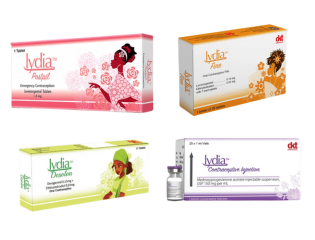
Lydia Contraceptives
The Lydia brand is popular throughout the East Africa region, trusted as a reliable and widely-available resource for those seeking an array of short-term and long-lasting contraception options.
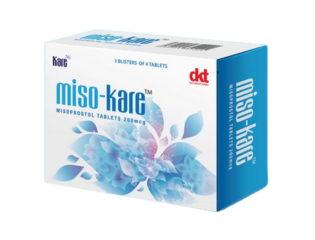
Miso-Kare
For clinical products in many of its markets, DKT has an umbrella “Kare” line of products. In East Africa, we sell misoprostol under the “Kare” brand as Miso-Kare.
Brand Digital Media
Instagram: Kiss Condoms EA | Fiesta Condoms
Facebook: Kiss Condoms EA | Lydia Contraceptives EA
Twitter: Kiss Condoms | Lydia Contraceptives EA







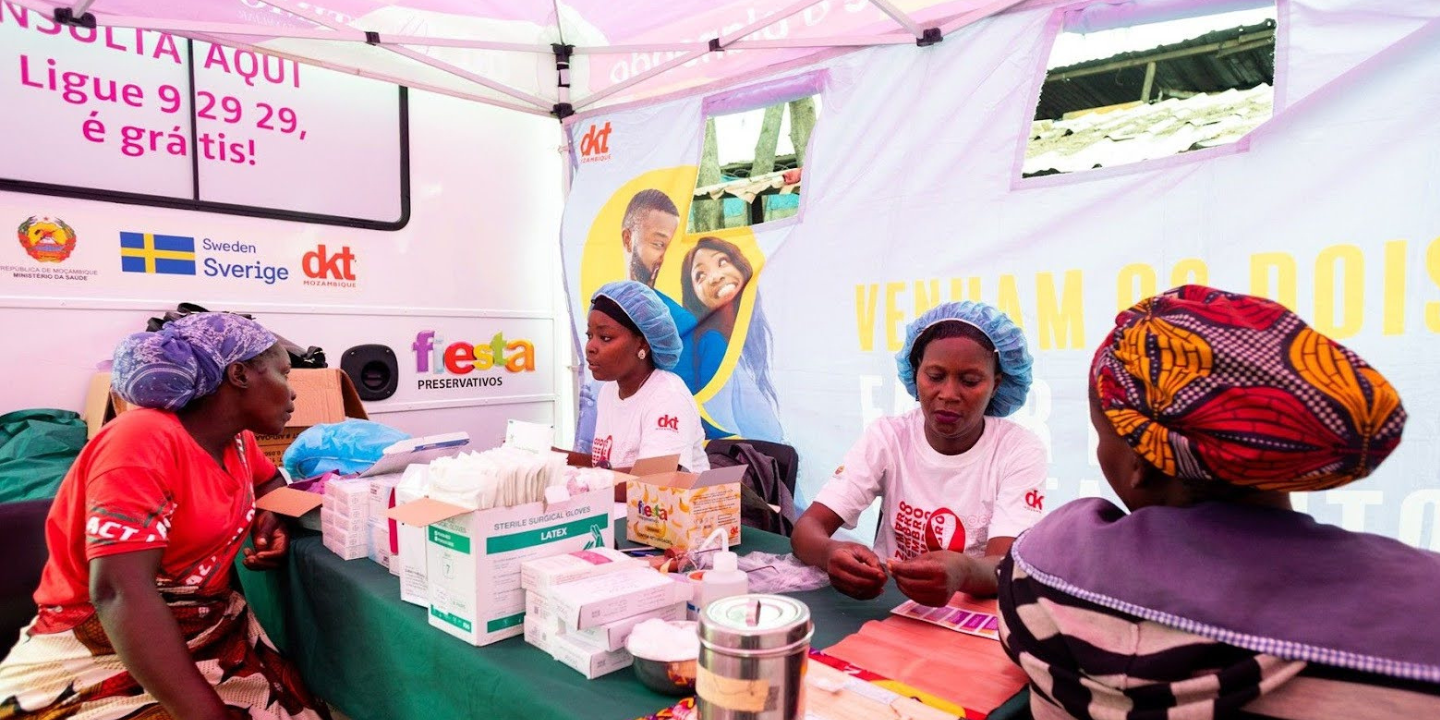
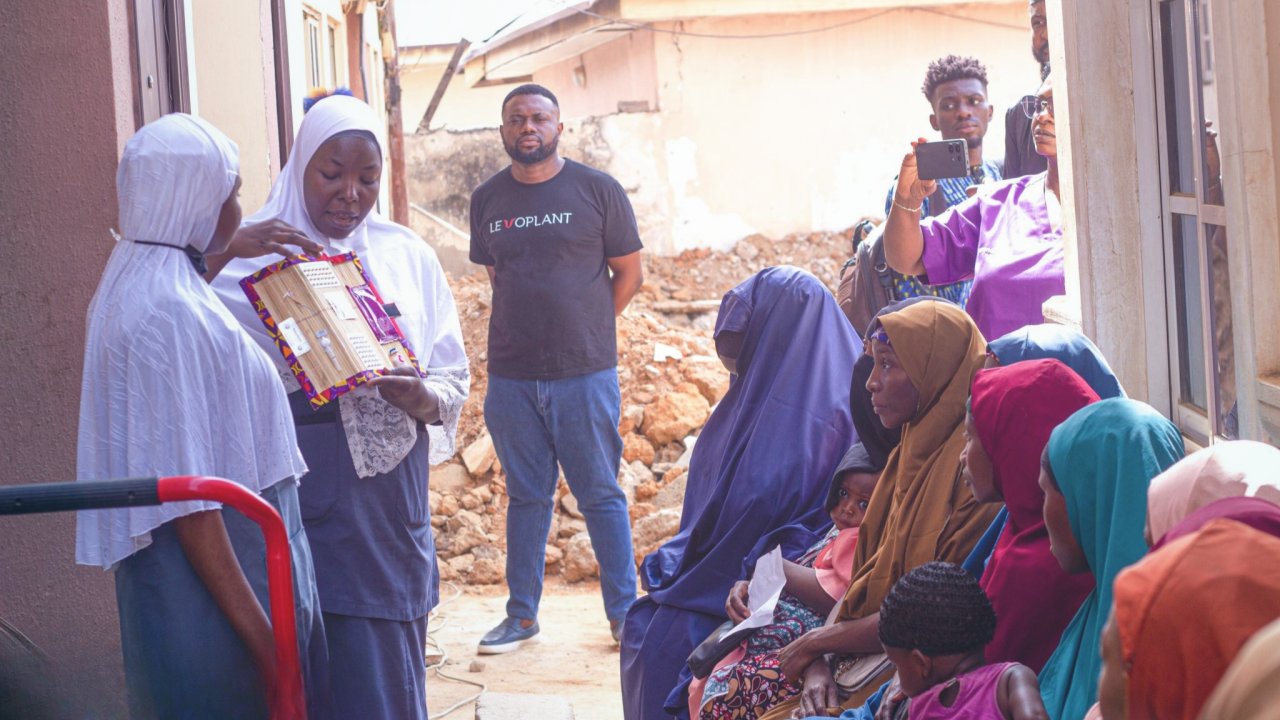
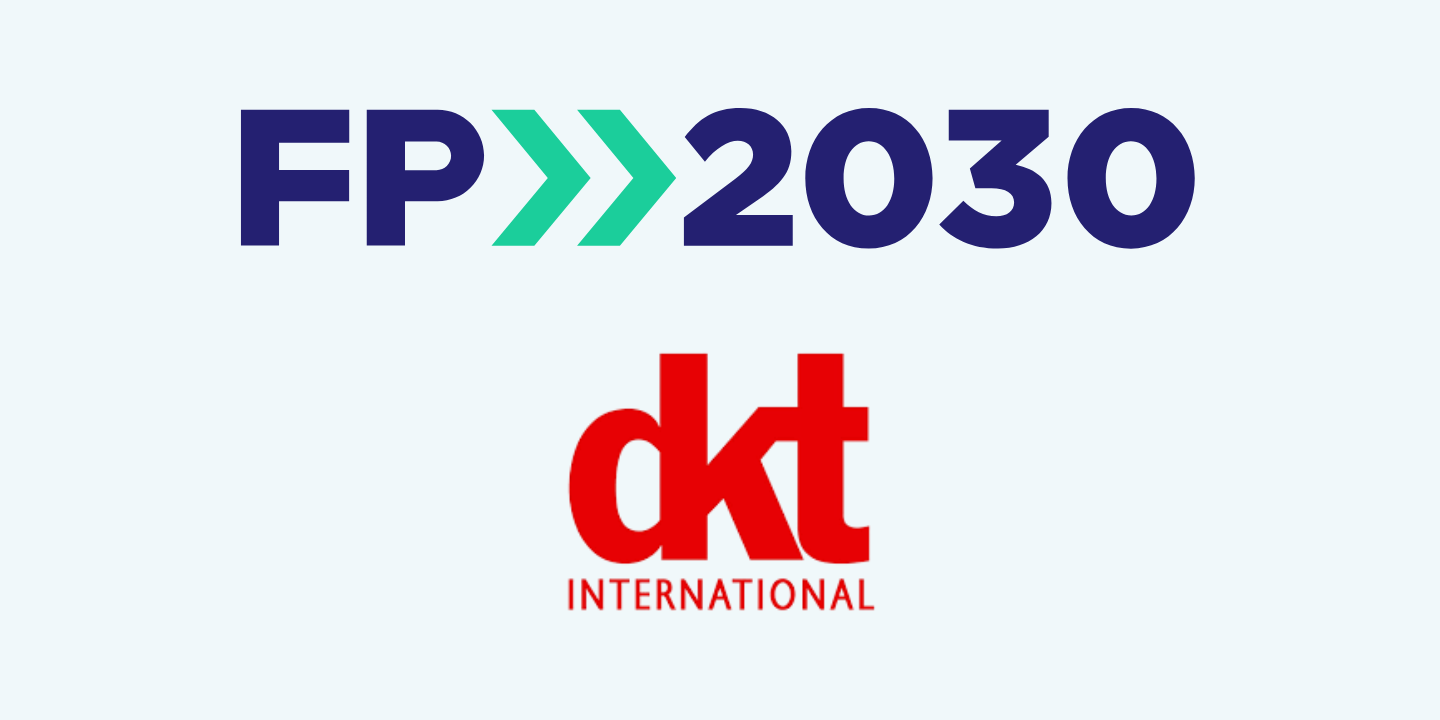
DKT International Announces 2025 Phil Harvey Innovation Award Winners